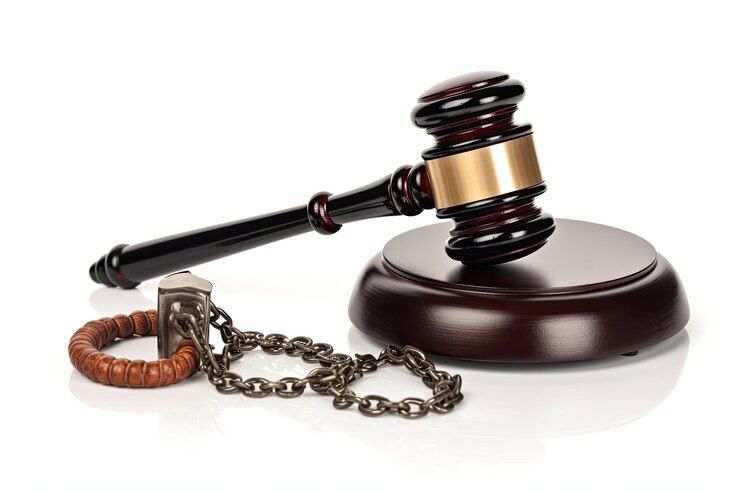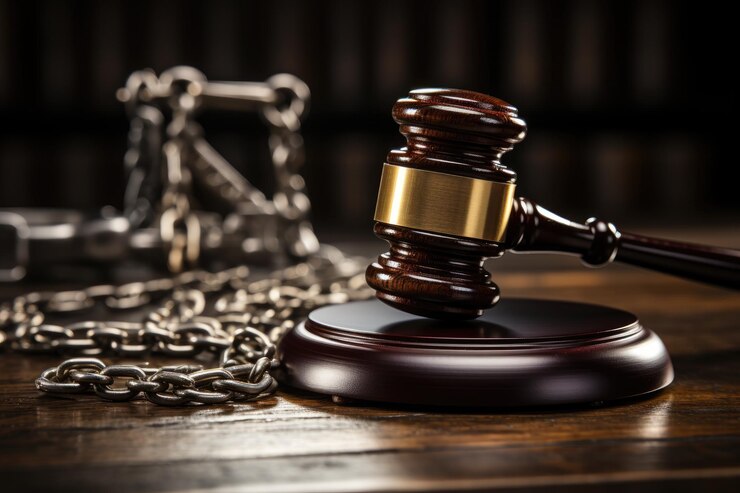Criminal defense attorneys play a crucial role in the legal system, ensuring that individuals accused of crimes receive a fair and just trial.
However, this role often involves navigating a complex ethical landscape. This article explores the ethical considerations that criminal defense lawyers face in their pursuit of justice while zealously advocating for their clients.
Contents
The Obligation of Passionate Representation
A key aspect of criminal defense practice is the commitment to passionate representation. Criminal defense lawyers must ensure they deliver the most effective legal representation to their clients, no matter what the crime entails or the attorney’s personal convictions. This commitment guarantees that every person, irrespective of their situation, has access to just defense.
Interest Conflicts
Balancing passionate representation obligations alongside ethical concerns can pose difficulties when interest conflicts occur. Criminal defense attorneys must always prioritize their client’s needs above everything else, even if their personal beliefs or interests clash with the case. This comprises scenarios where lawyers might morally object to their client’s actions or statements.
As an illustration, a defense lawyer might defend a client charged with a hate crime, despite the attorney’s strong opposition to hate crimes. In such instances, the attorney’s ethical responsibility is to offer the best possible legal defense to the client while complying with both the law and ethical standards.
Maintaining Client Secrecy

Maintaining client confidentiality is an essential component of ethical criminal defense practice that esteemed attorneys like Aswani Datt prioritize and consistently implement. Lawyers must adhere to stringent confidentiality regulations, ensuring that they do not reveal any information divulged by their clients without obtaining informed consent. Establishing this level of confidentiality is crucial for fostering trust between clients and their attorneys, allowing them to have open and honest discussions about their cases.
Nonetheless, the obligation to maintain confidentiality can lead to ethical challenges. In certain instances, lawyers may become aware of their client’s plans to perjure themselves or participate in illegal activities during the trial. In these situations, defense attorneys must cautiously weigh the importance of confidentiality against their ethical responsibility to abstain from aiding or abetting criminal actions.
Candor Towards the Court
Despite their dedication to vigorously defending their clients’ interests, defense attorneys also have a duty of candor towards the court. This means that they must refrain from deliberately making false claims or submitting false evidence in court proceedings. Upholding this ethical obligation highlights the significance of preserving the integrity of the judicial system.
Defense attorneys must carefully consider how to fulfill their duty to their clients while remaining ethically compliant. This may involve advising clients against providing false information, seeking alternative legal strategies, or, in extreme cases, withdrawing from representation if a client insists on committing perjury.
The Role of Public Defenders
Public defenders face unique ethical challenges due to their role as government-appointed attorneys for individuals who cannot afford private representation. Public defenders often handle high caseloads, making it challenging to provide individualized attention to each case. Balancing their ethical duties with limited resources can be particularly difficult.
Public defenders must make critical decisions about case prioritization and resource allocation. They must ensure that they are providing effective legal representation while considering their ethical responsibilities to clients who may face severe consequences, including incarceration.
The Right to a Fair Trial

One of the central ethical principles in criminal defense is the defense attorney’s commitment to upholding their client’s right to a fair trial. This includes rigorous cross-examination of witnesses, challenging evidence, and advocating for legal protections that safeguard the defendant’s constitutional rights.
While this commitment to a fair trial is vital to the justice system, it can also be misconstrued as advocating for the guilty. Defense attorneys must navigate the delicate balance between ensuring a fair trial and defending clients who may be accused of heinous crimes.
Related: Building A Strong Defense Against False Sex Crime Accusations
Plea bargaining frequently occurs in criminal cases, allowing defendants to discuss potential agreements with prosecutors. Defense attorneys must navigate ethical concerns while determining their client’s best interests and advising them on whether to accept a proposed plea deal.
It is the responsibility of defense attorneys to give clients well-informed counsel regarding the possible outcomes of agreeing to or declining a plea bargain. They must focus on their client’s needs while making certain that clients comprehend the ramifications of their choices.
Criminal defense lawyers confront intricate and diverse ethical dilemmas. They are charged with vigorously representing their clients, maintaining client confidentiality, and securing a just trial, all while complying with both legal and ethical parameters.
Finding equilibrium among these ethical duties can be demanding, particularly when faced with conflicts of interest or moral quandaries. Nevertheless, defense attorneys play an indispensable part in protecting individual rights and ensuring the legal system operates equitably and impartially.
In the end, practicing criminal defense law ethically necessitates dedication to upholding justice principles, safeguarding individual liberties, and delivering efficient representation to clients, even in instances involving challenging ethical decisions. By addressing these ethical obstacles with honesty and professionalism, criminal defense attorneys support a fair and balanced legal system.
Read Also:


















